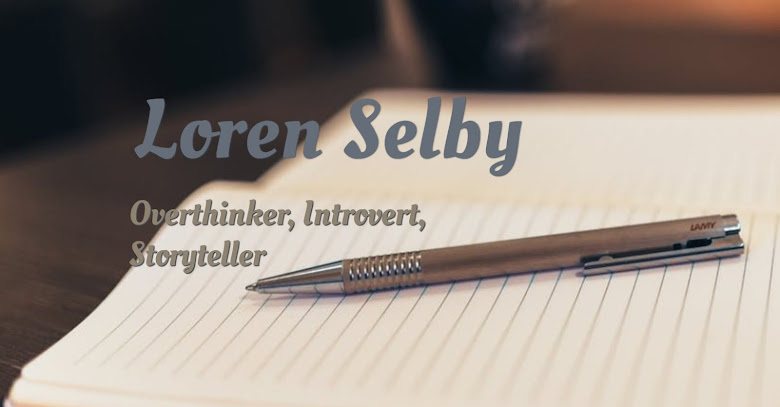As
an overthinking introvert, I deal with scary things by making plans.
(See "In Case of Monsters.") When I learned about the Black Death and
Ship Fever in high school, I was scared. I made plans.
Fast
forward to 2020 and you'll find me dealing with the newest plague.
I have toilet paper, fresh vegetables, and a reasonable level of
anxiety. I've done everything I can do to keep the people around me safe and sane. My
action plan is solid.
However,
what really worries me is other people, using bad plans. This virus
is scary enough without people acting like characters in a video game.
That is a really bad action plan.
How
are people behaving like video game characters? Well, here are the
highlights.
Take all the Shinnies
In video games, you take everything that's not
nailed down. If it is nailed down, you look for loose boards. Players
are encouraged to horde supplies and rare items, 'for future use.'
Unless you buy that awesome gun, spell, etc., it just sits there. Or
worse, the items will be cycled out by the computer's code. YOU won't
have access to it, ever.
In
real life, goods flow. Unless there is a widespread infrastructure
collapse (I have a plan for that too), people will make, deliver, and
sell more toilet paper. You can afford to leave some behind for
others.
In
a crisis, having a massive stockpile is actually dangerous. People
get frustrated and jealous of your garage full of toilet paper. It's
not fair you if have a lifetime supply and they're stuck with tamale
wrappers. What the people in striking distance think is important.
They are in striking distance.
Reputation Score
Games can't code how reputation works. You can hide illegal actions - fudge moral alignment. This is mainly because Non-Player Characters (NPCs) don't
network and gossip. Your alignment and its consequences are updated
by the game's maths. Rude to a farmer? Got sticky fingers? Just play
the numbers and they'll keep selling to you.
In
real life, people have long memories and love to gossip. Reputation
has uncontrollable ripple effects. It's not just what you did or said
- the listener's standards matter. A funny prank in one group maybe
be an inexcusable sin in another. You have to be mindful about that.
In
a crisis, people don't want to be around risky people. Not just 'can
they shoot straight risky'- emotionally risky. A toxic group will get
you killed as fast as a zombie horde. Reputation as hard/soft,
polite/caustic, straightforward/wily, and selfish/selfless all help
people gauge that risk. The skills and supplies you offer will only
take you so far.
Build a Castle, Be King
In post-apocalyptic games like Fallout 4, you build a
base, then manage it. It acts as storage for your favorite loot and
companions. You make all the major decisions, resource allocation,
defenses, decorations, and morale.
In
real life, this is called micromanaging. It is stressful on the
managers and the 'minions.' There's also the problem that real life
people aren't passive/dumb NPCs. This system is only as stable as
personality cult, or a dictatorship.
This
problem worsens during a crisis. Even if you manage to pull off
that 'iron fist in a velvet glove' dictatorship, there are new
problems. You can't be everything to everyone. Trying to juggle
multiple areas will lead to burnout. Communities work by people
sharing the load.
What's Missing
Many
people talk about crisis readiness in terms of emergency supplies,
tools, and training. I have carried a filter mask, hand-sanitizer, and a water filter in my car for ages. I can cook a whole chicken, tan a
cowhide, change a tire, fix drywall, and shoot a gun.
However,
the hardest and most vital skill for a crisis is to trust other people.
COVID-19
scares people because you're only as 'safe' as the sloppiest person
you've met. Someone can accidentally infect you. The danger is real.
However,
if as a community we collectively wall ourselves into little
quarantine bunkers, we still won't survive. The grief and loss are real. Other survivors will
remember the kindness and cruelties of their neighbors. 'No man is an
island.'
It's
time to stop acting like players in a zombie-shoot'em game. Instead,
take the risk to be kind.
Yes, money is tight, jobs are uncertain; however, there are needs you can meet.
Hospitals
need blood. The elderly and at-risk need people to drop off
medications and groceries. (Your neighbor may need a roll of toilet
paper.) It's okay to be scared, but don't claim you can't help. Even
if all you can do is Tweet funny cat pictures, do something to push
back.




